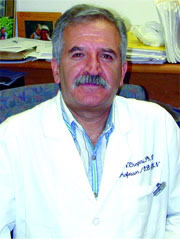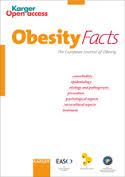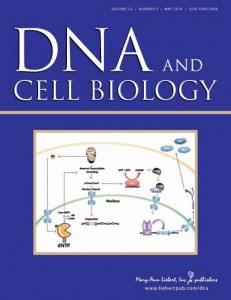 The editor of the Journal of Medical Case Reports, a BioMed Central title, has retracted and removed a case study of a novel surgical treatment after the patient’s legal guardian withdrew consent post-publication.
The editor of the Journal of Medical Case Reports, a BioMed Central title, has retracted and removed a case study of a novel surgical treatment after the patient’s legal guardian withdrew consent post-publication.
The paper, “Novel two-stage surgical treatment for Cantrell syndrome complicated by severe pulmonary hypertension: a case report,” describes the treatment of a six-month-old Han Chinese girl suffering from a rare combination of birth defects called Cantrell syndrome, complicated by pulmonary hypertension.
The original article, published in March 2014, has been removed from the journal’s website, though the abstract can be read on PubMed. It is unclear whether the authors, the child’s guardian, or some other party informed the editor of the withdrawal of consent.
The brief notice offers few details:
Continue reading Chinese medical case study erased after guardian consent withdrawn







